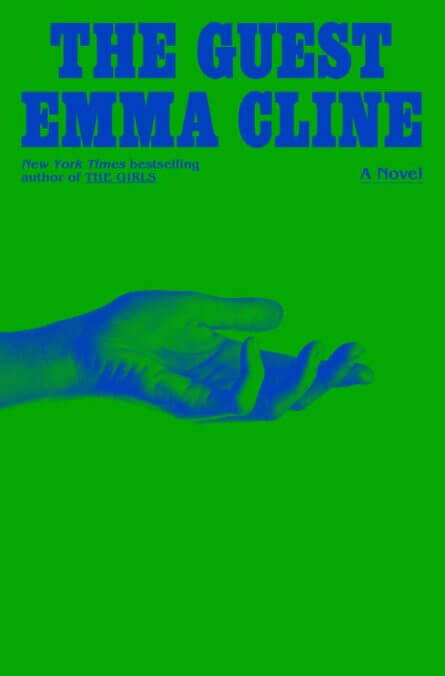‘The Guest’ Is a Masterful Train Wreck About a Scammer’s Week in the Hamptons
Thrilling and compassionate, Emma Cline's second novel is an early contender for beach-read of the summer.
BooksEntertainment

Even if you didn’t care for the fruits of Amy Chozick’s labor, there’s a charitable reading to be made of her attempt to get under the skin of Elizabeth “Liz” Holmes in a recent New York Times profile of the convicted fraudster. Firstly, there’s the readership’s appetite to consider. We love, hate, love to hate, and hate to love scammers. They are as defining to this pop culture era as reboots, sung rap music, and Baccarat Rouge 540. So you can see how Chozick’s stated dilemma—“How do you have an honest conversation with a person whose fraud trial has played out so publicly?”—was a tantalizing challenge. It’s just too bad that her conclusions were pat and ultimately exposed the notion of an honest conversation with Holmes as a fool’s errand, which is what virtually anyone who’s followed Holmes’ narrative already suspected.
But what if you could have an honest conversation with a known liar? That question, or one like it, seems to guide Emma Cline in her enthralling new novel The Guest (out next week), which concerns a 22-year-old grifter named Alex, who spends an alternatingly hellish and exhilarating week on tony Long Island. (The Hamptons are never mentioned, but implied.) Alex is a low-level liar who, we learn early, is just trying to survive. She isn’t selling people inventions to revolutionize medicine, or trying to fleece them via a faux foundation à la Anna Sorkin; she’s just trying to soak in the good life by acting like she’s part of it. That means she isn’t the kind of con artist whose grift is ultimately legitimized by media coverage, documentaries, and prestige TV series; she’s actually kind of a flop. Within two years of living in New York, she alienated friends and roommates, got banned from hotel bars and restaurants, and kept desperately dropping her sex-work rates to stay afloat. When she happens upon an interested rich dude, Simon, who has a place out east, she hitches her wagon to his first-class cabin.
Cline’s protagonist is so self-assured, she will seduce readers into believing her brilliance. Her manipulation seems based on a deep understanding of human psychology. “Alex had imagined what kind of person Simon would like, and that was the person Alex told him she was,” Cline writes. Alex’s way of getting along with Simon and his friends is to “offer up no friction whatsoever.” She’s able to steal prolifically because she’s found herself in a privileged “system that existed only because everyone believed they were among people like themselves.” Her idea, at least initially, is to keep her head down and maintain. She’s technically homeless, but manners, she figures, will make the difference between her being ensconced in borrowed luxury and living on the street.
Cline is proving herself to be a master of train-wreck lit. Wandering has rarely come off as so thrilling.
“Alex had learned how to provide it, how to draw people in with a vision of themselves, recognizable but turned up ten degrees, amplified into something better,” writes Cline. “How to allude to her own desires as if they were shared desires. Somewhere, deep in their brains, the synapses fired, chugging along in the direction she set out for them. People were relieved, grateful to click in to something bigger, easier.”
-

-

-

-

-

-

-

-

-

-

-

-

-

-

-

-

-

-

-

-

-

-

-

-

-

-

-

-

-

-

-

-

-

-

-

-

-

-

-

-









































